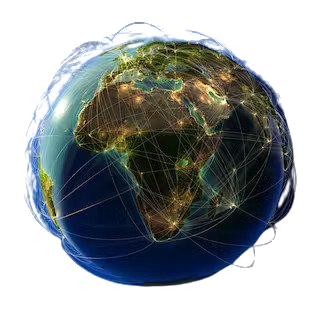
Avellon Williams
AFRICA- The history of wealth in Africa is incredibly diverse and spans thousands of years. Africa, being the second-largest continent in the world, is home to a rich tapestry of cultures, civilizations, and economic systems.
Throughout history, various regions of Africa have witnessed the rise and fall of empires, the development of extensive trade networks, and the accumulation of wealth through different means.
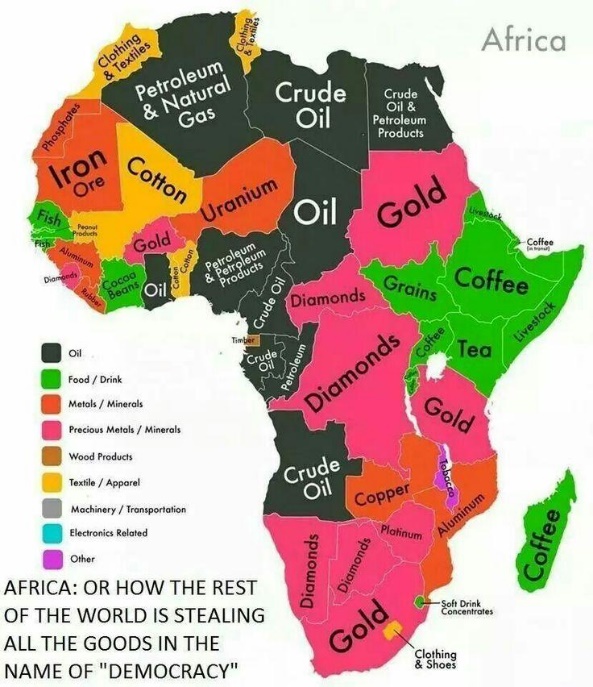
One of the earliest known civilizations in Africa is Ancient Egypt, which thrived along the Nile River over 4,000 years ago. The Egyptians were highly skilled in agriculture, built impressive architectural structures like the pyramids, and engaged in trade with neighboring regions.
Their wealth was derived from the fertile land along the Nile, which allowed for bountiful harvests, as well as their strategic location as a hub for trade between Africa, Asia, and Europe.
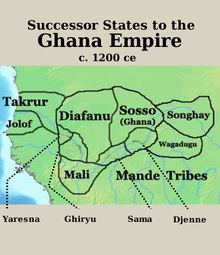
In West Africa, powerful empires such as the Ghana Empire (4th-13th centuries), the Mali Empire (13th-16th centuries), and the Songhai Empire (15th-16th centuries) emerged. These empires controlled lucrative trans-Saharan trade routes, particularly in gold, salt, and other valuable commodities. The wealth of these empires was built upon controlling key trading posts, establishing prosperous cities, and monopolizing the flow of goods and resources.
During the medieval period, the Swahili city-states along the eastern coast of Africa, such as Kilwa, Mombasa, and Zanzibar, prospered through maritime trade with Arab and Indian merchants. They became significant centers for the exchange of goods like ivory, spices, gold, and slaves.
The wealth accumulated in these city-states enabled the construction of impressive stone architecture, such as the Great Mosque of Kilwa, and the development of vibrant cultural and intellectual communities.
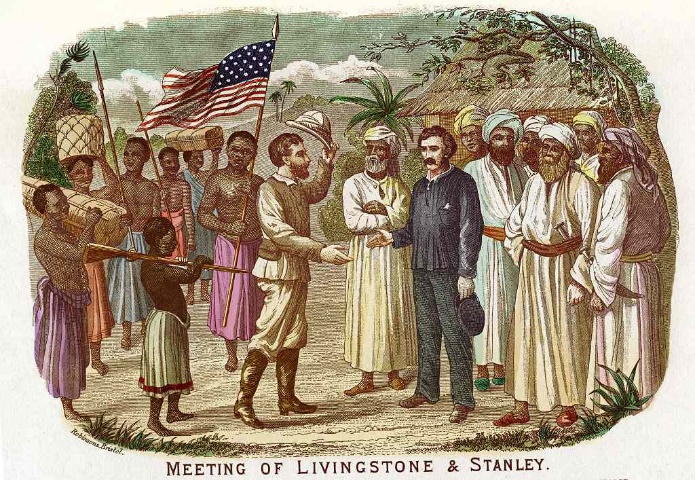
The colonization of Africa by European powers from the 19th century onwards had a profound impact on the continent’s wealth. European countries exploited Africa’s abundant natural resources, such as diamonds, gold, rubber, and minerals, to fuel their own industrial revolutions. The extraction of these resources often occurred at the expense of African communities and led to vast wealth disparities between the colonizers and the colonized.
After gaining independence in the mid-20th century, many African nations faced significant challenges in building and managing their economies. However, Africa is a continent rich in natural resources, including oil, gas, minerals, and arable land.
In recent years, several African countries have experienced significant economic growth and development, driven by sectors such as telecommunications, banking, agriculture, and manufacturing. The rise of a growing middle class and the emergence of African entrepreneurs have contributed to the creation of wealth within the continent.

It is important to note that the distribution of wealth in Africa remains unequal, with persistent poverty in certain regions. Many countries continue to grapple with issues such as corruption, inadequate infrastructure, and political instability, which affect the equitable distribution of wealth and hinder inclusive economic growth.
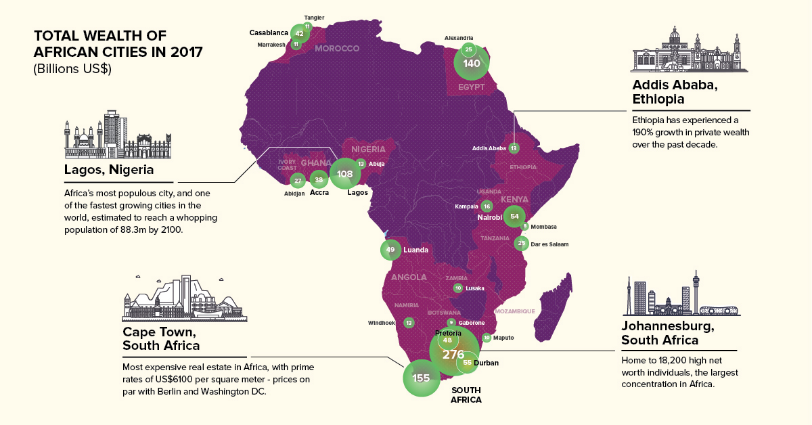
In summary, the history of wealth in Africa is a complex narrative shaped by ancient civilizations, trade networks, colonization, and contemporary economic endeavors. Africa’s wealth has been derived from its diverse resources, strategic trade routes, and the ingenuity and resilience of its people. The continent continues to strive for inclusive economic development and equitable distribution of wealth, acknowledging the challenges it faces while leveraging its vast potential.




